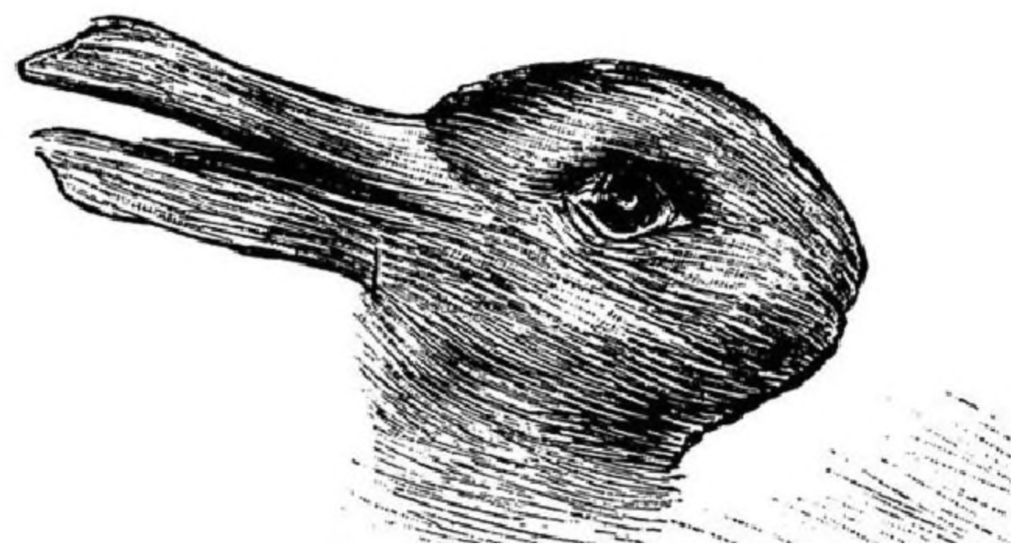Hindsight is 2020
![]() Every January we like to make a writing plan for the year, and when December rolls around we reread it and laugh. Except not this year. Somehow our 2020 prediction was pretty spot-on. We planned to quickly finish up the first draft of Sibling of Music Novel, and we did. We planned to spend the rest of the year editing our various other first drafts, and we did. We perhaps didn’t get quite as far as we expected, but we’re close. I guess the pandemic was good for something.
Every January we like to make a writing plan for the year, and when December rolls around we reread it and laugh. Except not this year. Somehow our 2020 prediction was pretty spot-on. We planned to quickly finish up the first draft of Sibling of Music Novel, and we did. We planned to spend the rest of the year editing our various other first drafts, and we did. We perhaps didn’t get quite as far as we expected, but we’re close. I guess the pandemic was good for something.
The other thing we hoped to do was get a good start on brainstorming our Ghost Series, and we even managed to do that despite a near total lack of road trips. Generally we use car time for lengthy conversations about our works-in-progress (it’s not like there’s much else to do), but this year lockdown kept us home. Lucky for us we have a couple of fuzzy roommates who insist on daily walks, and don’t care what we talk about while we’re doing it. We logged many many miles on the streets of our neighborhood, and have many many notes about ghosts and the humans who love them. Or is it fear?
As this year limps to a close we’ve started talking about our goals for next year. We’ll share our plans with you in January when they’re more solidified.
So many people struggled this year with loneliness and boredom. We’re so thankful that we have each other and this all-consuming pastime we can share. Our writing projects kept us sane and busy and fulfilled, and they brought us a lot of joy in a really shitty time. Things are finally looking promising for the world. The vaccine is coming. The new administration is coming. Just a few more months until the world starts to get back to normal. We might not mind too much being cooped up in our Writing Cave, but we’re really looking forward to that.

